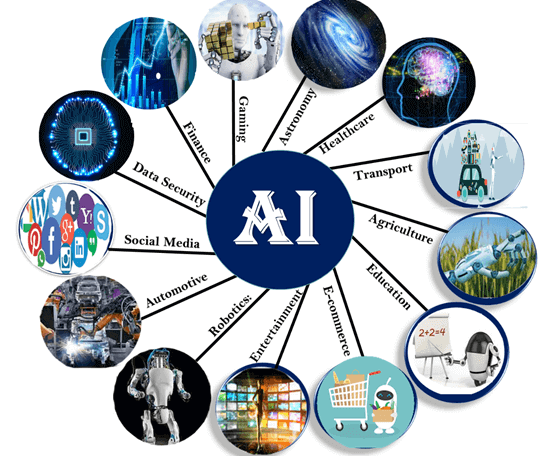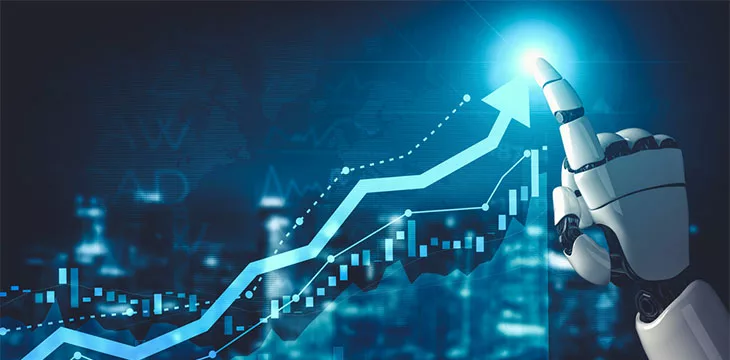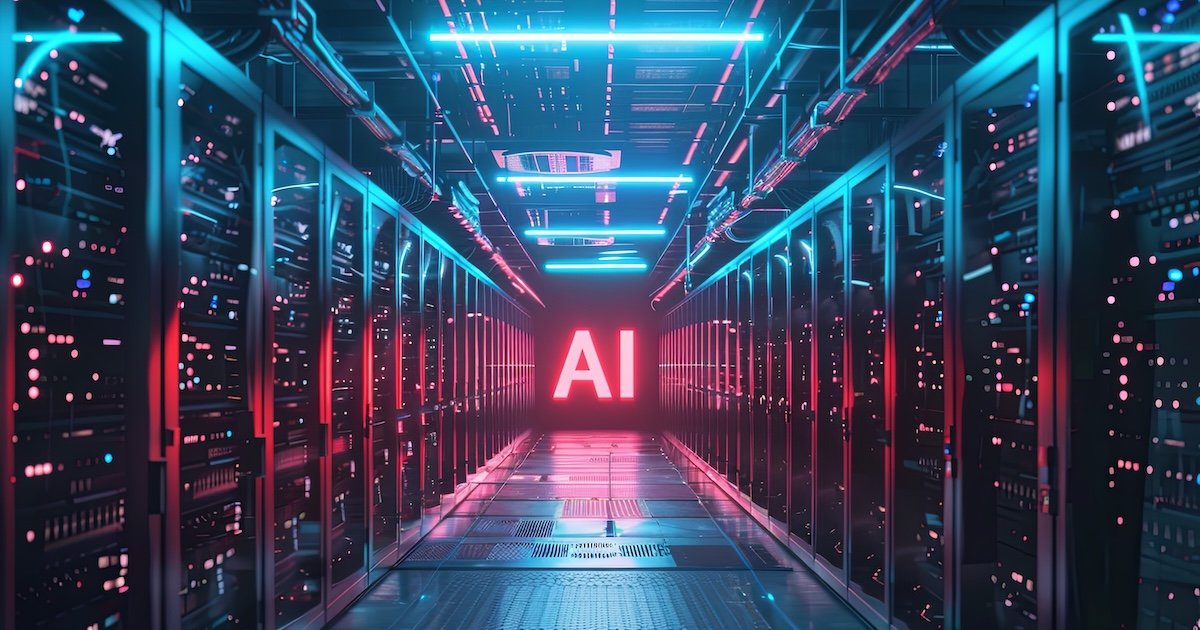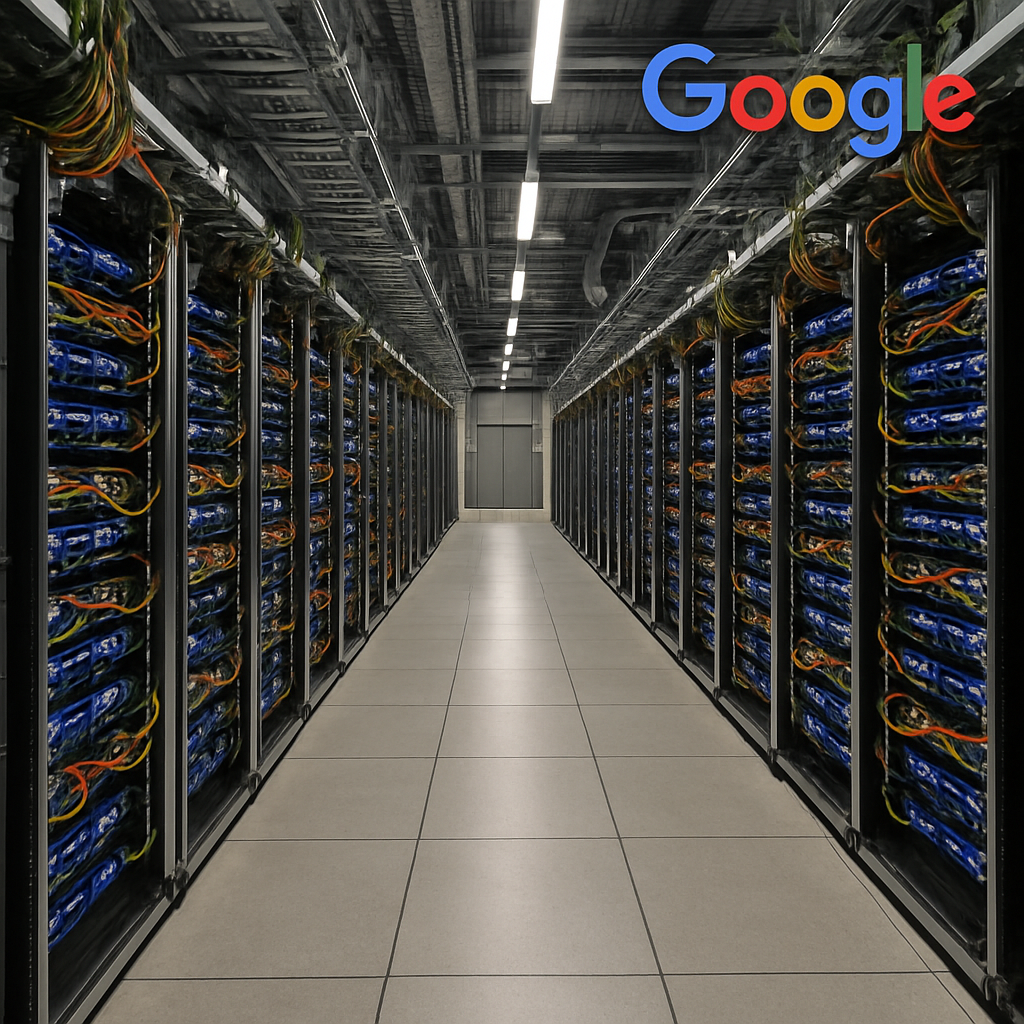Introduction
Artificial Intelligence (AI) is no longer a futuristic dream, it’s here, artificial intelligence transforming industries and it’s transforming the way we work, communicate, shop, travel, and even receive healthcare. With its ability to process vast amounts of data, learn patterns, and make intelligent predictions, AI is reshaping nearly every aspect of modern life. In this post, we’ll explore how AI is driving change across industries, improving everyday experiences, and creating possibilities we once thought impossible.

Top 7 Ways AI Is Changing the World
-
AI in Healthcare: Revolutionizing Patient Care
Overview
AI is helping doctors diagnose diseases faster and more accurately. Algorithms can analyze medical images, detect abnormalities, and predict health risks before they become critical.
Key Features:
- Medical image analysis
- Predictive health analytics
- Virtual health assistants
Pros: Faster diagnoses, improved patient outcomes, reduced human error
Cons: Data privacy concerns, high implementation costs
Example: AI tools detecting early signs of cancer from X-rays with higher accuracy than traditional methods.
-
AI in Business: Driving Efficiency and Innovation
Overview
AI-powered tools automate repetitive tasks, manage customer service via chatbots, and analyze data for better decision-making.
Key Features:
- Predictive analytics for sales and demand forecasting
- Chatbots for 24/7 customer support
- AI-driven supply chain optimization
Pros: Lower operational costs, better customer experiences, data-driven strategies
Cons: Requires quality data, risk of over-reliance on automation
Example: E-commerce platforms using AI to recommend products based on user behavior.
-
AI in Education: Personalized Learning at Scale
Overview
AI is creating learning environments tailored to each student’s needs.
Key Features:
- Intelligent tutoring systems
- Automated grading
- Adaptive learning platforms
Pros: Increased engagement, better learning outcomes, accessibility
Cons: Technology dependency, equity issues for students without access
Example: AI-based platforms adjusting lesson difficulty in real-time for each student.
-
AI in Transportation: Smarter and Safer Travel
Overview
From self-driving cars to traffic management systems, AI is making travel safer and more efficient.
Key Features:
- Predictive traffic flow analytics
- Autonomous navigation systems
- AI-assisted route optimization
Pros: Reduced congestion, improved safety, fuel efficiency
Cons: Legal and ethical challenges, cybersecurity risks
Example: AI logistics platforms cutting delivery times and costs for shipping companies.
-
AI in Finance: Enhancing Security and Speed
Overview
AI is transforming financial services with fraud detection, risk assessment, and investment automation.
Key Features:
- Real-time fraud alerts
- Credit risk analysis
- Robo-advisory investment platforms
Pros: Faster transactions, improved security, better investment insights
Cons: Regulatory challenges, algorithmic bias in lending
Example: Banks using AI to flag suspicious transactions within seconds.
-
AI in Everyday Life: Making Daily Tasks Smarter
Overview
Voice assistants, smart recommendations, and home automation are making daily life more convenient.
Key Features:
- Voice-controlled smart devices
- AI-powered content recommendations
- Personalized e-commerce suggestions
Pros: Convenience, time savings, personalized experiences
Cons: Privacy concerns, over-dependence on technology
Example: Netflix’s AI recommending shows tailored to your viewing habits.
-
AI in Agriculture: Boosting Global Food Security
Overview
AI enables farmers to monitor crops, predict weather patterns, and optimize resources for better yields.
Key Features:
- Drone-based crop monitoring
- Predictive weather modeling
- Automated irrigation systems
Pros: Higher productivity, reduced waste, sustainable practices
Cons: High initial investment, training needs for farmers
Example: AI-based platforms advising farmers on the best planting times.
Challenges and Ethical Considerations
While AI’s benefits are vast, concerns remain around:
- Job displacement through automation
- Data privacy and security
- Algorithmic bias and fairness
- Misuse in surveillance or warfare
Addressing these issues with strong governance, ethical guidelines, and transparent development practices is critical.
Conclusion
Artificial Intelligence isn’t just a technological trend, it’s a societal shift. From improving healthcare to revolutionizing business and everyday life, AI’s potential is enormous. But with great power comes responsibility. Balancing innovation with ethics will be key to ensuring AI’s growth benefits humanity as a whole.






